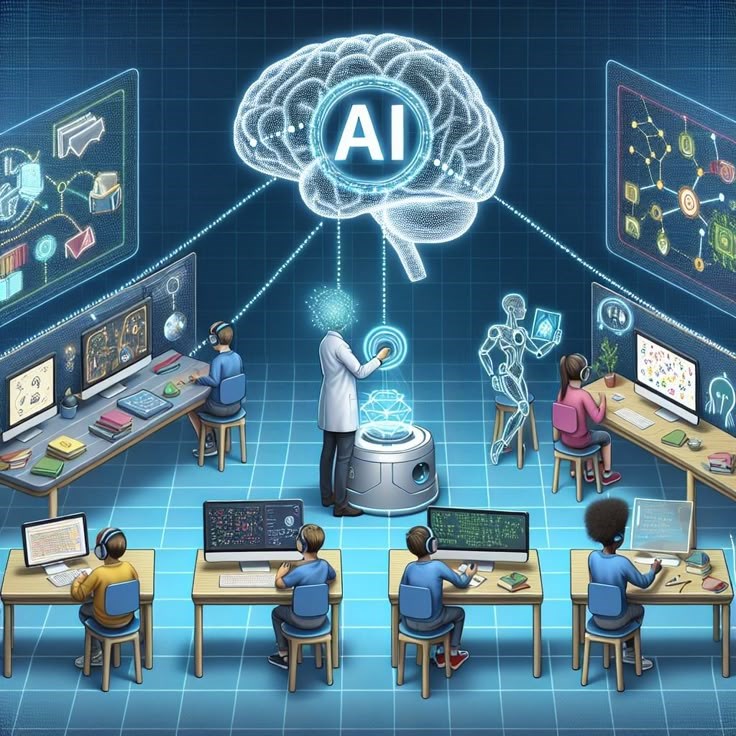Self-learning combined with Artificial Intelligence in instruction leads to ethical implications that affect fairness, transparency, and the learner. Despite the positive impact on instruction that can be derived from incorporating an adaptive learning system, issues involving data protection, possible bias of the models as well as threats of technology replacing human teachers come into question. Solving these ethical issues is necessary and fundamental to make certain that all students will benefit from using AI.
Data privacy is paramount, as many AI systems rely on the input of large amounts of student data. If proper measures are not achieved, the vulnerability is high and there might be compromise or unauthorized access to sensitive information. Schools that have adopted the use of developers to enhance the delivery of their services and students who receive education through such services should incorporate specific measures that will allow them to manage data generated from the learning process appropriately and ensure that instructors; learners and other stakeholders use the data and ideas derived from them are used appropriately.
Algorithmic bias is another clear ethical issue because the use of AI systems unconsciously perpetuates prejudice. Since the idea of AI training is to use sample data, it is a danger that an AI system will tend to favor some groups of students over others, especially in cases when there are marginalized students in the class. For fairness, some measures are proposed to check this by frequently monitoring the data sets used, and the decision-making process to minimize discriminative actions by the AI for education.

Forcing the reliance on AI may cause a decrease in the importance of human educators around the world. They further rightly mentioned that ‘AI’ makes learning smart, however, it lacks the components of the emotional intelligence, mentorship, and critical thinking guidance that teachers impart. The use of AI should be guided by a strategy aimed at promoting engagement and enriching the educational process on the one hand and focusing on human interaction on the other while addressing the needs of a learner.
Ethical AI is defined by three key principles: system responsibility, explainability, and continuous assessment. The three parties of the school, policymakers, and developers have the social responsibility of setting structures that can warrant the ethical handling of such issues. Currently, it is possible that, if left unmonitored, AI will have the effect of compounding inequalities in education instead of alleviating them. This confirms that the management of AI should be done responsibly to complement students' content by enhancing learning while endorsing student rights and fairness in education.
Conclusion
Integration of ethics into artificial intelligence in personalized learning is crucial to safeguarding student rights and education equity. Concerns such as data privacy, artificial intelligence algorithmic bias, and the part of human educators have to be regulated accordingly to maintain accountability. Nonetheless, by adopting best practices and constant assessment, intelligence can expand learning, and keep fairness, safety, and personal input and characteristics of a teacher as some of the most valuable elements of learning.